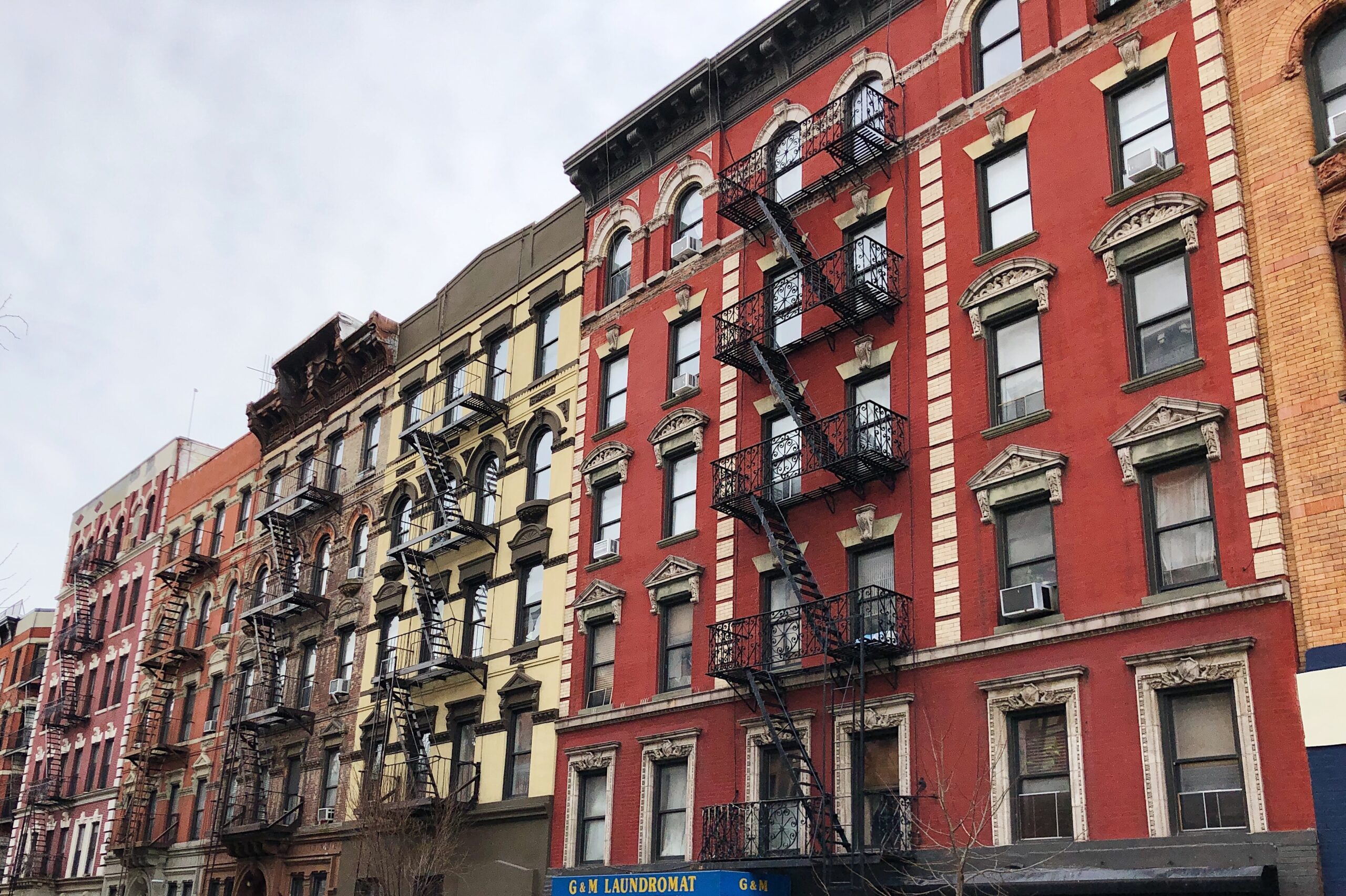There are many styles of buildings and apartments, and there are also two styles of rental listings: open and exclusive. While a renter may sign a lease without knowing if their apartment was an open or exclusive listing, a savvy renter who understands the difference can leverage their knowledge during their apartment search. RentHop accepts open and exclusive listings to provide renters with as many options as possible.
What is an Open Listing?
An open listing is an apartment that a landlord or management company decides to let any agent advertise in hopes of quickly securing a tenant. When a landlord decides to list their unit openly, any licensed agent in their jurisdiction can create a listing, schedule a showing, and bring a renter to the lease signing stage. Therefore, many different agents could all legally advertise the same unit at once.
Landlords tend to like this style of listing when they do not have explicit relationships with particular agents and instead want to ensure that their listing rents quickly. Smaller or newer landlords may not have many connections with agents and therefore decide to use the help of as many agents as possible. Larger management companies may advertise with open listings to ensure their units continue to rent seamlessly and to guarantee they are not out of luck if one of their agents stops working.
Since RentHop encourages open and exclusive listings, renters may see the same apartment advertised more than once on the platform by different agents. Renters can decide which agent they want to work with to see the apartment.
Benefits of Open Listings
Renters typically experience the following benefits when they rent open listings:
- A landlord who advertises their unit as an open listing may be highly motivated to rent the unit quickly and therefore have a less stringent application process. They could have fewer requirements, making it easier to apply and receive approval.
- The agent who lists an open listing likely has access to many additional listings that they may not advertise online. With thousands of open listings in New York City at a given time, an agent’s resources and network can open renters up to move opportunities. If they don’t like the listings that an agent has one day, there may be new apartments to view the following day.
- Agents who work primarily in open listings have a deep knowledge and understanding of the industry and various types of landlords and management companies. They understand that the rental process moves quickly and will ensure they move their client through the application in a timely manner to help increase their chances of getting an apartment.
What is an Exclusive Listing?
An exclusive listing is an apartment that a landlord or management company decides to rent with the help of one particular agent or real estate team. Only one entity will advertise that listing, show the unit, and bring the client to a lease signing. Exclusive listings can also pertain to an entire brokerage, where any agent with the firm can advertise the listing, or where the agent’s manager assigned that exclusive to one of their specific agents. Some landlords may also decide to rent their apartment individually, also making that listing exclusive.
Therefore, a renter scrolling through RentHop will only see an exclusive listing once. Renters can explicitly search for exclusive listings by selecting the “Exclusive” field in their search process. Most major online listing platforms only list exclusive listings.
Benefits of Exclusive Listings
Renters can generally expect the following benefits from an exclusive listing:
- The agent who represents that exclusive will have deep knowledge of the apartment and neighborhood, meaning they can answer in-depth questions from the renter. Renters new to the city or neighborhood may benefit from an agent with in-depth knowledge of the specific area.
- An exclusive agent likely has a pre-established relationship with the landlord or management company and knows what they look for in an application. The agent will therefore provide their client with specific guidance during the application process to increase their chances of approval.
- Due to their relationship, the agent may receive their broker’s fee compensation from the landlord, meaning the renter does not have to pay the broker’s fee.









